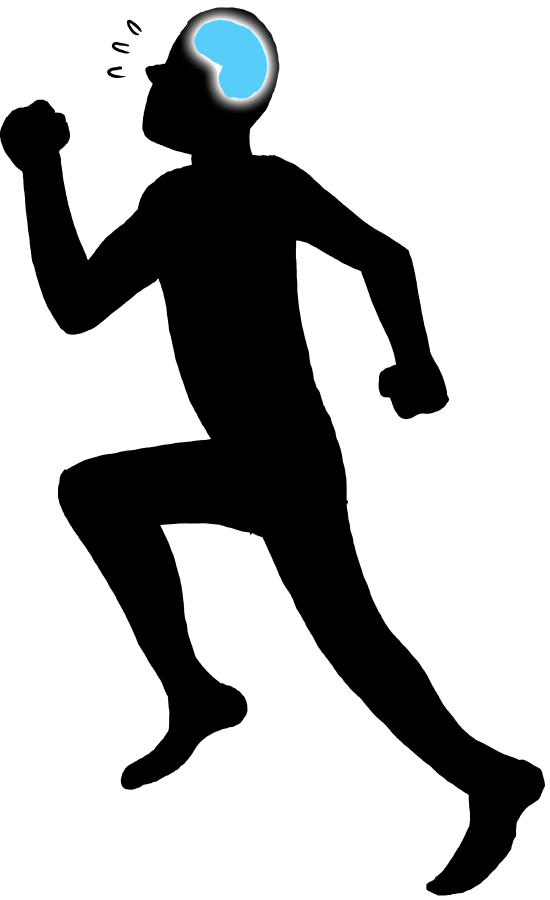For those pursuing a degree at the U, general education requirements can either be an exciting venture into fields a student wouldn’t normally explore or a series of unnecessary classes that could be seen as a waste of money and time. With requirements ranging from fine arts to applied sciences and international/diversity courses, each student will inevitably find at least one component of the obligatory general classes useless for their specific field and, subsequently, their future.
What is not useless, however, and what takes just as much discipline as an academic class, is a fitness course. The U offers many interesting and interactive exercise classes that would prove beneficial to all students on campus if they were made a part of the already-lofty list of general education requirements. Unlike other courses, a fitness requirement would be relevant for all students and ensure that each individual experiences organized exercise in a group setting, which is a great way to meet people, along with increasing personal motivation to stay healthy.

A study conducted through the Third National Health and Nutrition Examination Survey showed that young adults aged 18-30 are usually in periods of transition (e.g. starting university or a new job), and physical activity can easily decline during this period. Additionally, many young people can be nervous about starting a new activity and may shy away from physical exercise if they are not in perfect shape. Making it a requirement would force each student out of their personal comfort zone and guarantee that at least the initial effort is made to try something new for the sake of healthy living.
Along with the obvious physical benefits of exercise, incorporating a fitness course into one’s university education would also increase success in other parts of one’s academic life. Exercise is known to improve sleeping habits and mood in addition to decreasing anxiety and stress, two things that every university student undoubtedly grapples with. On a larger sphere in terms of the brain, making exercise a part of one’s everyday routine can improve memory and cognitive ability and help students focus better in their humanities and science courses.
And the benefits don’t stop there. For one, the habits we cultivate as young adults will stay with us as we get older. Implementing daily activity and balancing it with academic responsibilities will encourage not only a healthy lifestyle, but a diverse one. Once you start getting active, no physical exercise seems out of reach and you are more willing to try new things and, in turn, manage your time more wisely (sometimes regular exercise means cutting out regular Netflix binges). The benefits of regular exercise now will stay with you for life. Studies show that older individuals who consistently exercise and stay healthy actually have better brain oxygenation and more healthy patterns of brain activity along with increased cognitive ability. The older individuals who took part in this study were not athletes or dedicated to one specific field of exercise. They simply kept active and did not lead sedentary lifestyles.
With the stresses of full course loads, jobs, internships and many other responsibilities, exercise can seem like the very last priority. That is, unless it is made a part of education and our university experience. Instead of complaining about which general education courses one has to take, the student body should instead demand the addition of one — a fitness requirement. The U offers everything from rock climbing and yoga to cycling and pilates. There really is something for everyone to pursue, and after a full semester of consistent exercise, chances are students will go back for more.
letters@chronicle.utah.edu

